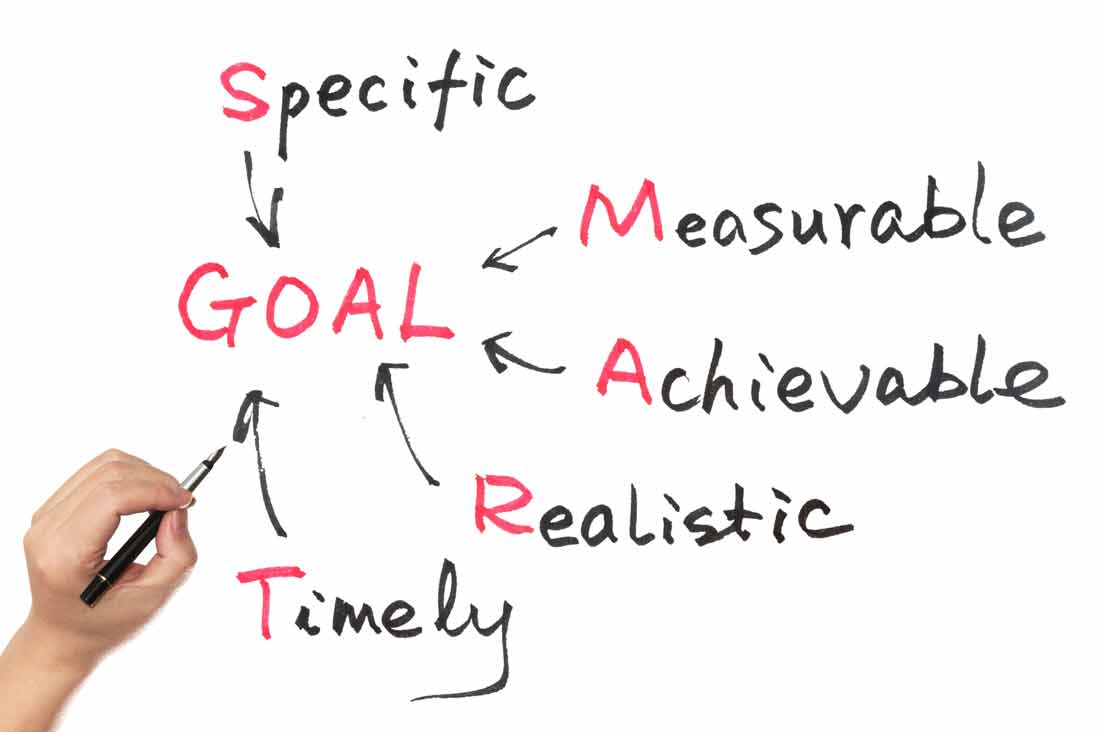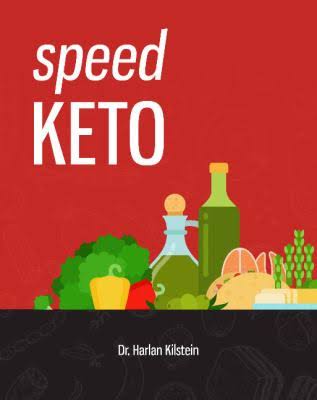
The Basics: Small frequent meals vs. fewer big meals

But as science continues to evolve, the answer to ‘how many meals you should be eating?’ Is no longer a straightforward one. Newer research suggests that splitting calories among six meals rather than three does not affect metabolic rate and thus has no direct effect on weight loss.
So, if the number of meals you consume has no direct effect on weight loss, should you give up on the idea of multiple mini-meals spaced a few hours apart? Not too soon!
Remember that your best bet is to keep your calories in check, no matter how often you nosh. In fact, Martha McKittrick, a registered dietitian in NYC, agrees that “Some people are grazers by nature whilst others are meal-eaters. It’s fine to graze until you make sure calories are controlled so it’s not an ongoing graze-fest.”
What is the upside of eating more often?

Prevents Hunger
While loading up many meals may not boost up your metabolism or help you burn fat, medical experts say it could help you in other ways.
The longer is the time-space between different meals, the more hungry you get, and you’re more likely to overeat.
“After staying 3 hours without food, your blood sugar level starts to fall down. In the next one hour, your body has already digested almost everything you ate earlier,” shares Cleveland-based dietitian Amy Jamieson-Petonic.
She further adds, “Once you cross the 5-hour mark, there is a steep decline in your blood sugar level, and you tend to munch on whatever you can to refuel your depleting sugar.”
Eating less but more frequently, on the contrary, allows you to feel less hungry to make smart food choices as compared to when you are famished. All in all, you feel more in control when you’re not fighting off huge hunger pangs! (Read our detailed guide to know more about science-based ways to curb your appetite naturally)
Helps maintain Metabolism & Muscle mass
Did you know when we cut down on calories, our bodies react by slowing down the metabolism and using lean muscle mass as a fuel source for energy instead?
However, when people adhering to a lower-calorie diet eat less, more frequently — say five or six times a day— their metabolism is better regulated with lesser in muscle mass.
Why you may ask? It is due to the fact that eating frequently boosts metabolism slightly as the digestion of food leads to the burning of calories. As a result, one has a well-maintained muscle mass and an optimized metabolism that play an indispensable role in weight loss and overall health.
Help keep blood sugar stable
While eating big meals leads to rapid highs and lows in blood sugar levels, smaller and more frequent meals can actually help you stabilize blood sugar levels throughout the day!
When you eat several smaller meals rather than eating two or three large meals by the clock, your blood sugar level remains more stable— simply because you are not putting large chunks of food followed by hours-long breaks without food that lead to a steep decline in blood sugar.
Eating more frequently keeps your blood sugar stabilized for longer, energy-levels more constant throughout the day, whereas minimizing sugar cravings by manifolds. On top of all, eating less but more often seems to be particularly helpful for women, who report feeling less hungry, less moody and more active when they eat throughout the day.
How often should you eat?
The best way to determine the optimum frequency of eating is to keep a close vigil at your schedule and maintaining a food journal. Pen down those times of the day when you’re most likely to have hunger pang! You might also want to make note of times when you experience energy dips.
Whilst it is most likely that you are hungry, dehydrated, or simply tired, remember those are the times when you need to schedule your meals and snacks.
How to snack the right way?

If you choose to go the mini-meals way throughout the day, getting the most nutrient bang for your calorie buck is the key. Weight loss happens when we combine the optimum frequency of eating periods with higher quality foods.
“As long as you decide on good foods and keep a strict check on your portion size, frequent grazing can work wonders to keep cravings at a bay and help you lose weight,” says Jamieson-Petonic.
The easiest strategy is to practice portion control with protein and high-fiber carbs to fill you up. Further, you can incorporate nutrient-dense snacks like the ones as follows:
- Fresh fruit with low-fat cheese can help you stay on calorie-track and is a great on-the-go nutritious snack. (To know more the best fruits to choose, check out our exclusive list of 10 low-carb nutritious fruits.)
- Whole-grain crackers with low-fat cheese would surely be your best friends whenever you long for a quick snack. It is incredibly low in fat yet amazingly satisfying.
- ½ Cup trail mix with dried fruits, nuts, and whole-grain cereal makes a versatile snack when you need to do some mindless eating. It not only supplies an extra dose of proteins but also balances your diet with the right amount of fiber.
- 1 Cup fresh berries with non-fat Greek yogurt not just promise a great session of snacking but they’re also packed with the goodness of antioxidants and fiber that reduce inflammation and protect against disease.
- Ditch the “junk” foods that are easy to overeat. Boycott refined carbs, processed foods, and sugary drinks.

A Word from Mind, Body, Soul & Heart
If you’re dieting but still gaining weight, it is paramount to examine the quality, calories, and portion sizes of your diet. While choosing a nutritious, high-protein, high-fiber diet will help you feel fuller for longer durations, an optimal eating frequency will help you reach your goals quicker.
To get rid of stubborn belly fat and feel the results in no time, check out our detailed diet and exercise guide to weight loss.
Other Articles you may like.
Hamstrings and Calves Stretch
Often hamstrings and calves can become tight as a result of poor posture, always sitting down as a result of our inactivity sedentary lifestyle. This lifestyle shortens the gip flexor muscles cause the hamstrings to tighten.
Abdominal Ball Crunch with Twist
The Abdominal Ball Crunch with Twist requires controls and strength to undertake. The ball provides lots of lateral movement that requires the core intelligence to work. This exercise helps tone the tummy muscles as well as strengthening your spinal muscles that will...
Ab Hip Raise
The Abdominal Hip Raise, Ab Hip Raise, or often referred to as “The Bridge” is designed to strengthening the core abdominal muscles and Quads. These muscles support the lower back, spine and help with your posture. Find out more.






